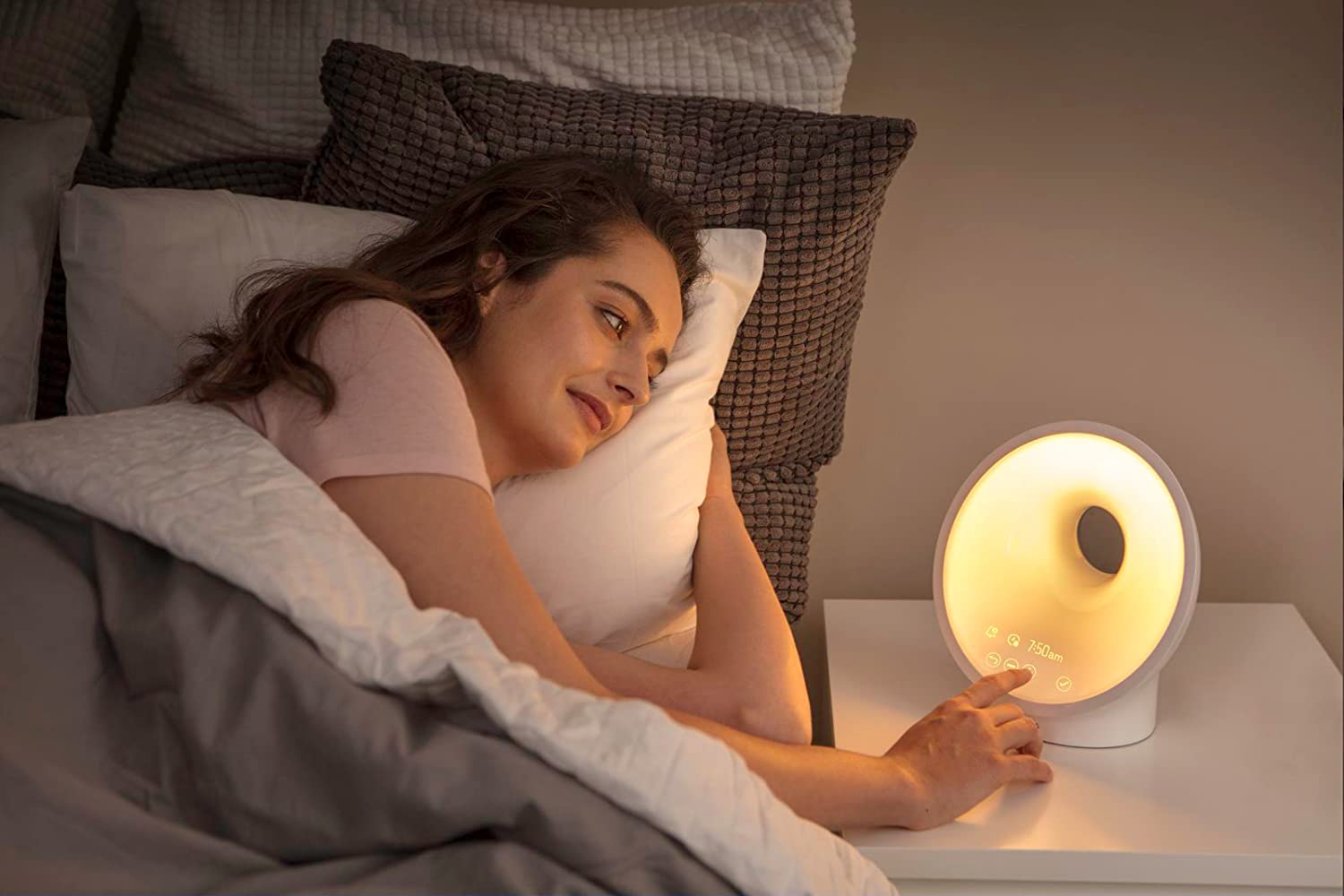Please don't give your loved one a fitness tracker for Christmas

Sign up for breaking news, reviews, opinion, top tech deals, and more.
You are now subscribed
Your newsletter sign-up was successful
A fitness tracker might seem like a lovely Christmas gift – something that your nearest and dearest can use all year round, and that will help steer them on a healthier course through life – but tucking one away under the tree could be a colossal mistake.
It's not that fitness trackers are unpopular, particularly as fresh starts are planned and new year's resolutions made. Google searches for Fitbits peak in December and January (though searches for dedicated cycling and running watches are more stable throughout the year).
The issue is that, no matter how good your intentions, presenting someone with a fitness tracker is very much like handing over an elegantly wrapped basket of soap and deodorant. At best, it'll end up being worn, with some degree of resentment, for a couple of weeks before it's left in a drawer and forgotten. The only thing worse would be a smart scale.

There's also the fact that an increasing number of fitness devices require an ongoing subscription fee if the owner wants to get the most out of them. All new Fitbit devices come with a 90-day trial of Fitbit Premium, for example, but if your loved one wants to continue accessing features like their Daily Readiness Score and snore tracking long-term, they'll need to pay an ongoing fee of $9.99 / £7.99 / AU$15.49 per month.
But what if the person in question is already the fit and healthy type? Well, chances are, they already have a tracker, even if they're not wearing it for Christmas day. In 2019, Fitbit reported that it had 29 million active users on its platform, and that's just one brand.
The likes of Amazfit and Xiaomi are also making big inroads with watches like the Amazfit Bip and Xiaomi Mi Smart Band 6 – both cheap and packed with health-tracking tools.
What to give instead
So what's a person to do? Well, I'd recommend thinking a bit outside the box – or, more accurately, under the covers. Everyone appreciates a good night's sleep, and there's a lot of tech around that can help you get more of it.
Sign up for breaking news, reviews, opinion, top tech deals, and more.
Sleep earplugs, for example, are a good call. If you know someone who struggles with a snoring partner or noisy neighbors then the QuietOn 3 plugs are worth a look. They're absolutely tiny, and use the same active noise cancelling tech as your favorite earbuds to mask annoying background sounds.
Alternatively, for anyone who struggles to switch off at night, the Amazfit Zenbuds will funnel soothing sounds straight into their ears, with options including gentle rainfall and snoring kittens. I've tried it – it's delightful.

A white noise machine is another good option (the HoMedics Deep Sleep Mini is excellent and very inexpensive), and a wake-up light is a great way to make mornings less of a shock to the system. Some of the best also serve as handy table lamps during the day, with rather lovely colored mood lighting.
The difference between any of these and a fitness tracker is that there's no guilt or blame associated with a rubbish night's sleep, and you're not trying to get the person to change – you're changing their environment to help them.
Alternatively, there are always socks (though perhaps give the step-tracking smart socks a miss).

Cat is TechRadar's Homes Editor specializing in kitchen appliances and smart home technology. She's been a tech journalist for 15 years, having worked on print magazines including PC Plus and PC Format, and is a Speciality Coffee Association (SCA) certified barista. Whether you want to invest in some smart lights or pick up a new espresso machine, she's the right person to help.